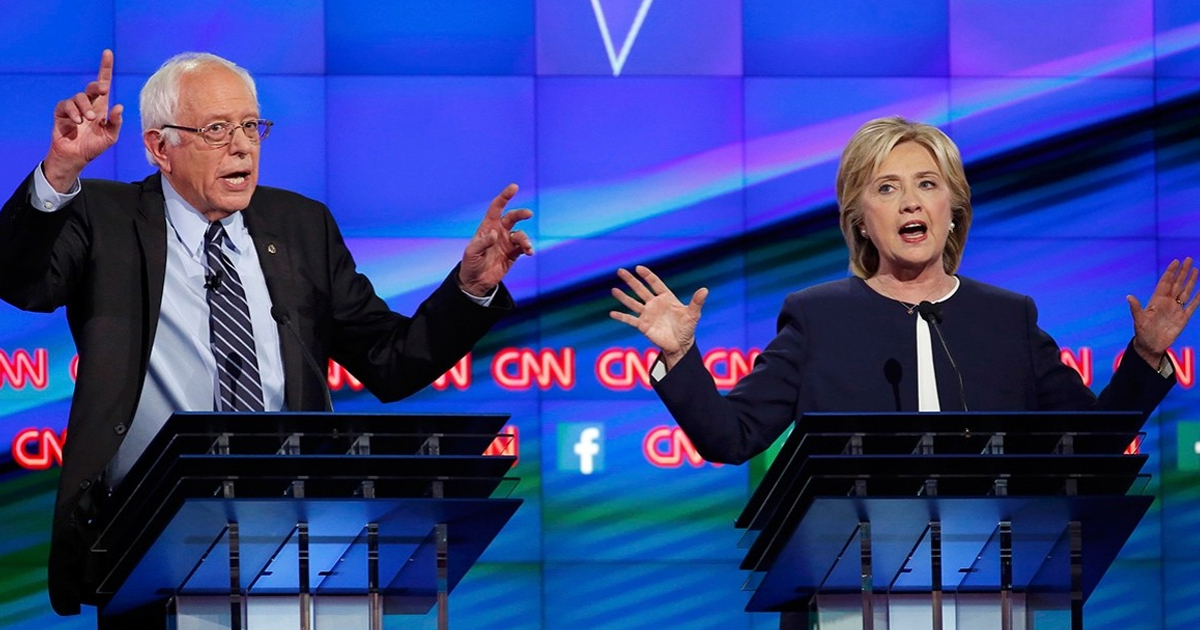Walmart has been found hiding more than $76 billion in offshore tax havens, unbeknownst to the United States government, reported Bloomberg.
The United Food & Commercial Workers International Union released a study Wednesday indicating that Walmart has hidden this money in at least 78 offshore accounts. Over the last six years, Walmart has dodged paying $3.5 billion of its income tax bill. None of Walmart’s hidden money was mentioned in the company’s US security filings.
About 90 percent of Walmart’s hidden funds are held in the Netherlands and Luxembourg. Walmart has no stores in Luxembourg, yet the company hid $1.3 billion in profits there from 2010 to 2013, paying less than one percent in taxes on that money.
By examining public documents in various countries, the labor group discovered that “all of Walmart’s roughly 3,500 stores in China, Central America, the UK, Brazil, Japan, South Africa, and Chile appear to be owned through units in tax havens.”
Walmart has addressed the report, and company spokesperson Randy Hargrove said the study was incomplete and “designed to mislead” the public.
Walmart has long opposed labor unions and indoctrinates its employees to oppose unions.
Corporate regulatory advocacy groups have pushed for more transparency and regulation to be implemented on corporate giants like Walmart, Google, and Apple, which have all hidden profits offshore. Economic and law experts have heralded the report’s findings that companies hide extravagant amounts of money offshore.
“This report is continuing evidence that everybody has been engaging in cross-border tax avoidance,” said Stephen Shay, a professor at Harvard Law School and former deputy assistant secretary for international tax affairs for the Obama Treasury Department.
The US corporate tax rate is 35 percent, though corporations have lobbied for lowest rates. Despite the 35 percent rate, most large companies pay well below that or none at all. This is mainly due to overly-lenient corporate tax laws.
Corporations don’t have a due date to pay taxes and can indefinitely defer paying taxes. This basically means that corporations can tell the government “get back to us, we’ll just pay you later.” If your average citizen is late on taxes, that’s a phone call from the Internal Revenue Service.
To fix this problem, there needs to be more stringent tax laws that force corporations into transparency and accountability. Corporations have too much freedom with their money.




